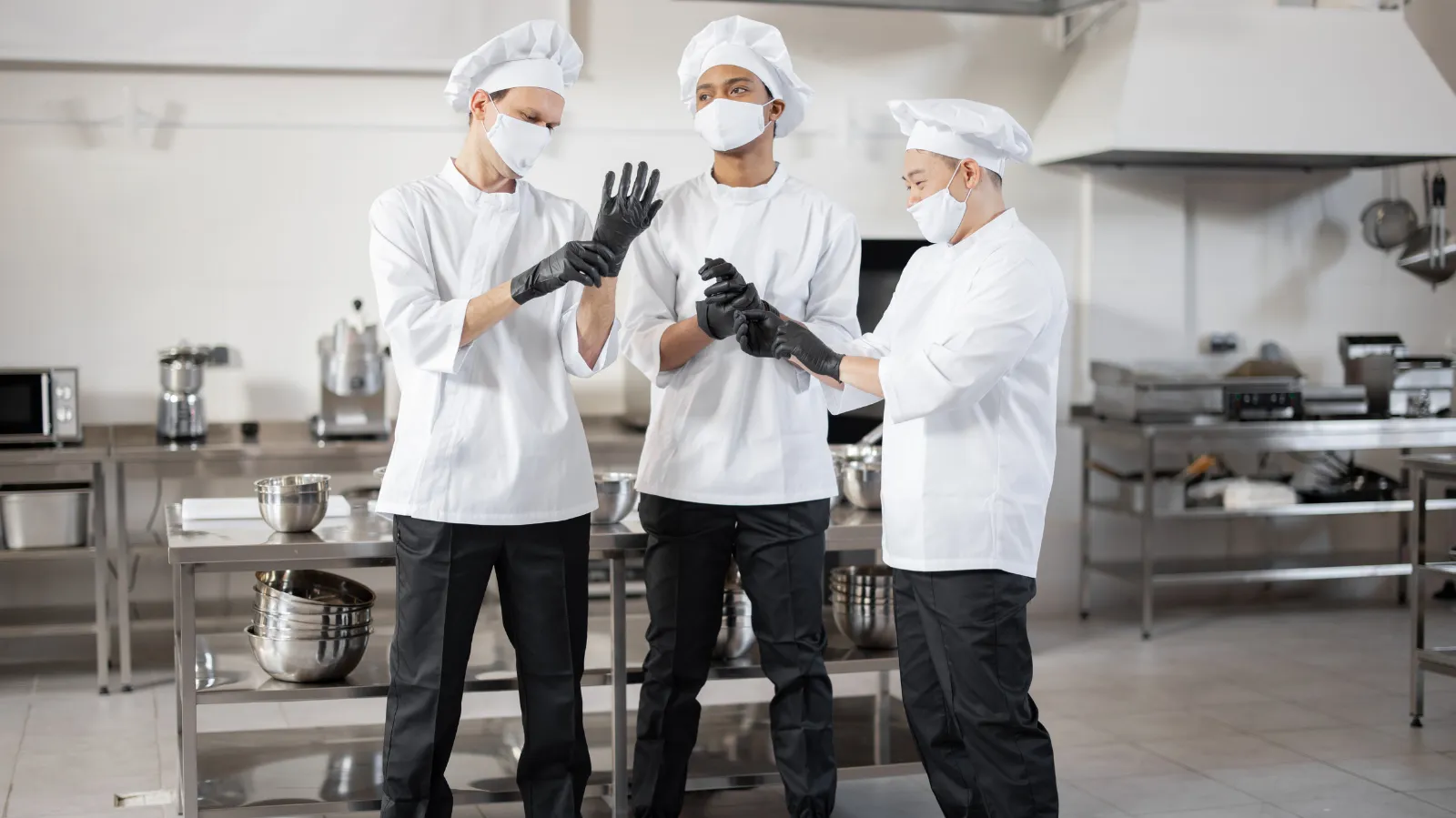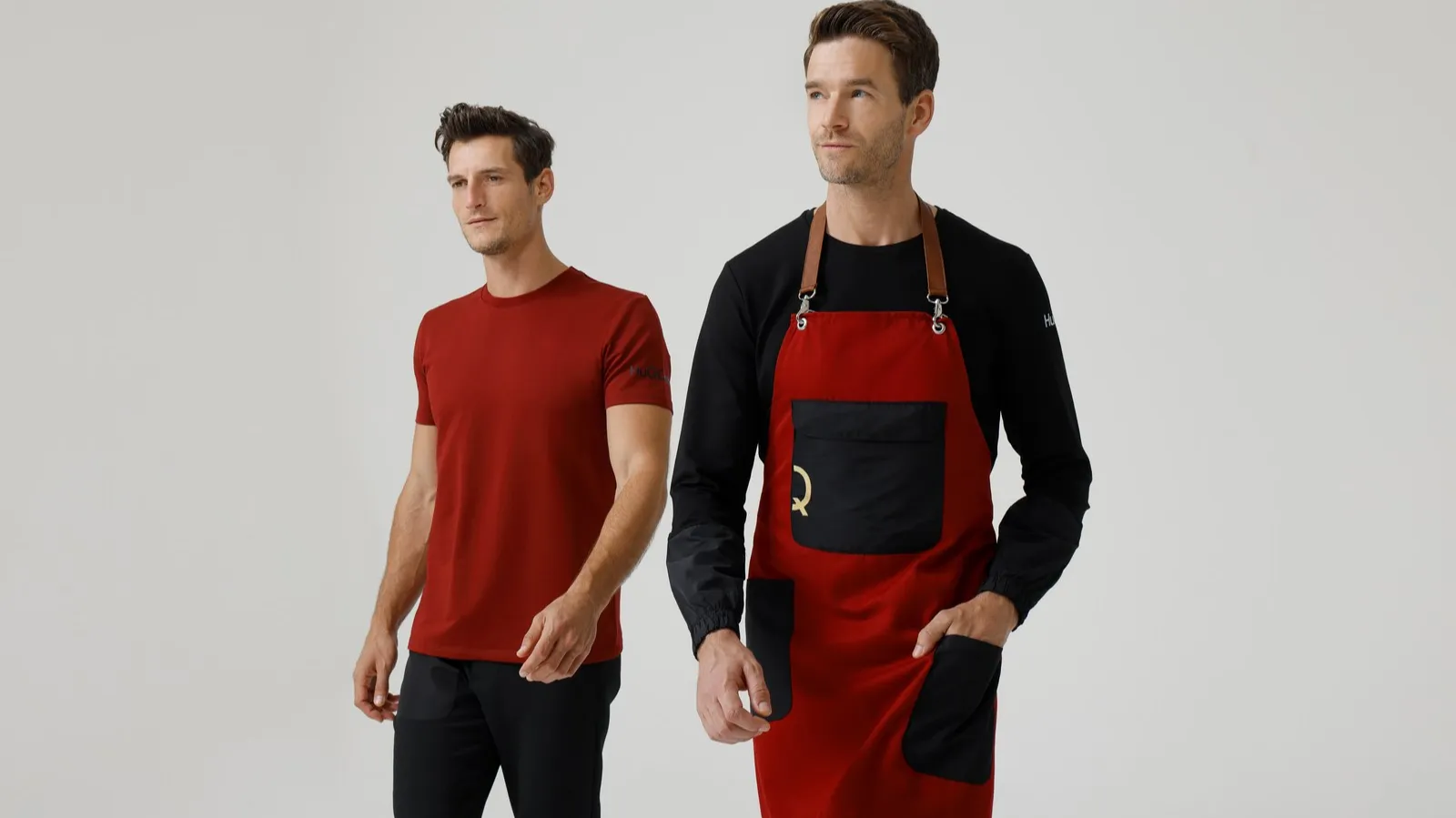
Uniforms play a crucial role in the hospitality industry, serving a variety of purposes beyond merely clothing employees. In this fast-paced and service-oriented sector, a well-designed andappropriately worn uniform is more than just attire—it symbolizes professionalism, identity, safety, and branding. Here, we delve into the significance of uniforms in the hospitality industry and how they contribute to the success and reputation of businesses within this sector.
1. Professionalism and Brand Image:
Uniforms are the first point of contact between a customer and a hospitality establishment. A well-designed uniform imparts a sense of professionalism and creates a positive first impression. It communicates to the customers that the employees are prepared, committed, and take their roles seriously. Moreover, uniforms aligned with the brand's colors, logo, and style help in reinforcing brand identity and creating a consistent brand image, which is vital for brand recognition and recall.
2. Team Cohesion and Unity:
Uniforms foster a sense of unity and equality among employees. When everyone wears the same uniform, it eliminates the distinctions that can arise from differences in personal clothing choices. It promotes a sense of belonging and team cohesion, fostering a collaborative and harmonious work environment. This unity is especially important in a sector like hospitality where teamwork and cooperation are fundamental to providing exceptional service.
3. Safety and Hygiene:
In the hospitality industry, uniforms often serve practical functions beyond aesthetics. They are designed to ensure the safety and hygiene of employees. For instance, in kitchen settings, chefs wear specific uniforms that are flame-resistant and provide protection from heat and sharp objects. In areas where there's a risk of spills or exposure to chemicals, appropriate uniforms help in maintaining a safe and clean working environment.
4. Enhanced Customer Experience:
Uniforms help in creating a consistent and predictable customer experience. Customers often associate a certain level of service with the appearance of staff. A well-groomed and uniformed team instills confidence in customers, assuring them that they are dealing with competent and knowledgeable individuals. The uniform becomes a part of the overall experience a guest has and contributes to their perception of the establishment.
5. Ease of Identification:
Uniforms make it easy for customers to identify the employees of a particular establishment. This is especially important in large venues such as hotels, resorts, or conference centers where numerous staff members interact with guests daily. The uniform acts as a visual cue, helping guests to quickly identify who to approach for assistance, guidance, or service.
6. Adaptability to Job Roles:
Uniforms in the hospitality industry are often tailored to suit the specific roles and responsibilities of employees. Different departments may have distinct uniforms, making it clear to both staff and guests the roles individuals are fulfilling. This adaptability streamlines operations and enhances efficiency as it aids in quick recognition and differentiation of employees based on their responsibilities.
In conclusion, uniforms in the hospitality industry are a vital element that goes beyond just a dress code. They embody the values, identity, and operational efficiency of an establishment. From creating a professional image to ensuring safety and enhancing the customer experience, uniforms are an essential tool for success in the hospitality industry. Establishments that recognize the importance of uniforms invest in their employees' appearance and, in turn, contribute to an enhanced brand image and customer satisfaction.






